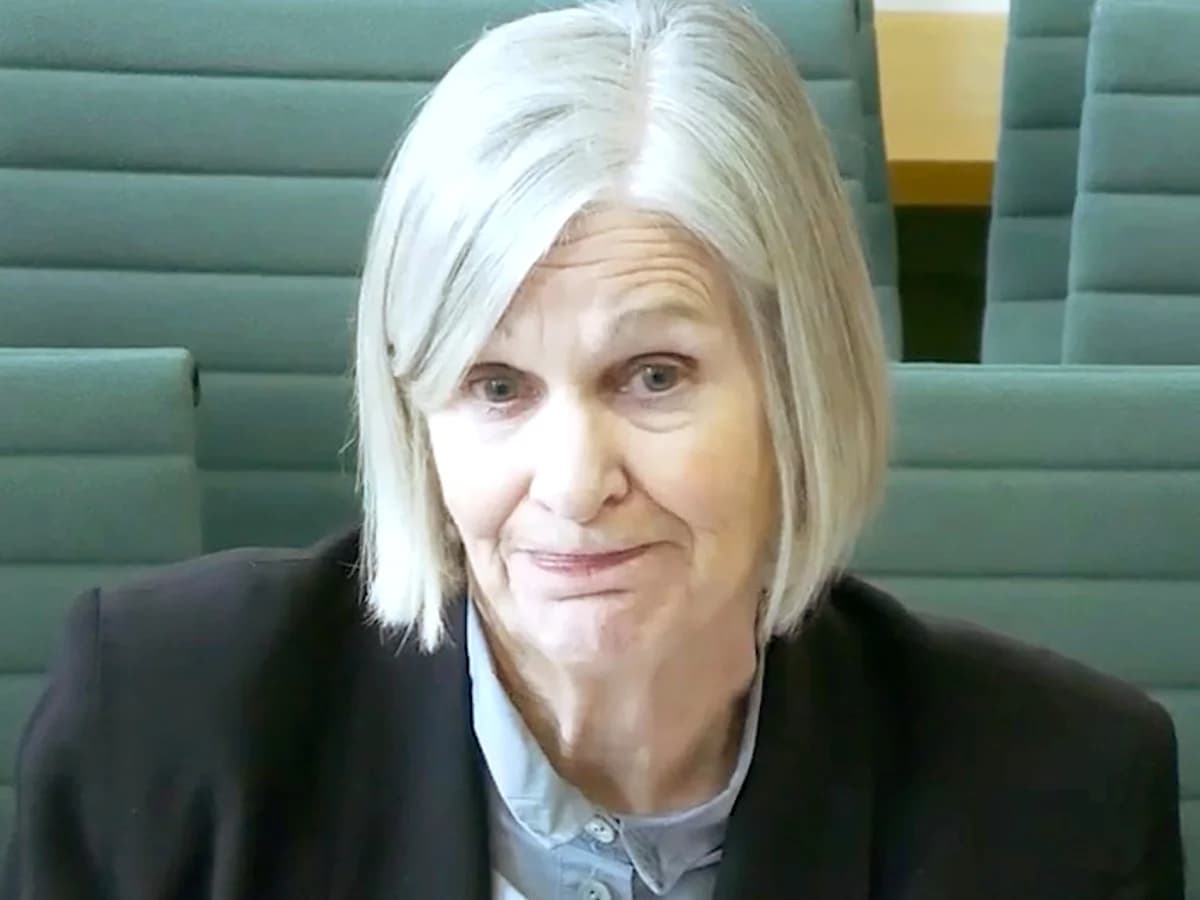We're loading the full news article for you. This includes the article content, images, author information, and related articles.
The national inquiry into grooming gangs in the United Kingdom faces significant challenges after its last remaining candidate for chair withdrew, citing a 'toxic' environment and 'lack of trust' among survivors.

The UK's national inquiry into grooming gangs has been plunged into further uncertainty following the withdrawal of Jim Gamble, the sole remaining candidate to chair the process. Gamble, a former deputy chief constable, cited a "toxic" environment, "vested interests," and "political opportunism" as reasons for his decision, further complicating an already fraught process.
His withdrawal, announced on Wednesday, October 22, 2025, comes after four survivors resigned from an inquiry panel, accusing the UK government of attempting to manipulate them into broadening the inquiry's scope to include other forms of sexual abuse.
The inquiry was initiated by Prime Minister Keir Starmer in June 2025, following recommendations from an audit by civil service troubleshooter Louise Casey. Casey's audit, published in June 2025, highlighted widespread data failures obscuring the scale of grooming gang abuse and called for a national inquiry. Initially, Starmer had indicated that a 2022 review by Professor Alexis Jay was sufficient, but later accepted Casey's recommendation for a full statutory inquiry.
The resignations of the survivors and the withdrawal of potential chairs underscore deep-seated mistrust. Survivors have consistently argued that senior police officers and social workers should not lead the inquiry, citing accusations that both professions were involved in covering up past abuse.
In response to the escalating crisis, Prime Minister Starmer announced on Wednesday, October 22, 2025, that Louise Casey would be brought in as an adviser to the inquiry. Starmer affirmed in the House of Commons that the inquiry would not be "watered down" and its scope would remain focused on grooming gangs, explicitly examining the ethnicity and religion of offenders.
This commitment aims to address concerns raised by survivors like Fiona Goddard, who called for a judge-led inquiry and direct engagement with the Prime Minister to ensure victims' experiences are understood.
Jim Gamble, a former head of the Child Exploitation and Online Protection Command (CEOP), stated that a "lack of confidence" among some survivors due to his policing background contributed to his decision to withdraw. He criticised those he termed "mischief-making" for highlighting his past career, arguing it was "nonsense" to suggest he would align with any political party to conceal wrongdoing.
Annie Hudson, a former head of children's services at Lambeth, was the other leading candidate who withdrew earlier due to intense media scrutiny. Survivors, including Fiona Goddard, Ellie-Ann Reynolds, and two others using pseudonyms, resigned from the victims and survivors liaison panel, citing a "toxic, fearful environment" and concerns about the inquiry's direction.
The repeated setbacks risk undermining public confidence in the inquiry's ability to deliver justice and accountability for victims. The ongoing controversy could lead to further delays, potentially impacting the collection of evidence and the timely provision of redress for survivors. Gamble himself warned that prolonged delays could lead to evidence becoming "stale" and individuals accountable moving on or retiring.
A key point of contention remains the scope of the inquiry, with survivors expressing concern that attempts to widen it beyond group-based child sexual exploitation could dilute its focus and downplay the racial and religious motivations behind some abuse. The Home Office has maintained that the inquiry will remain focused on grooming gangs.
With both leading candidates for the chair having withdrawn, the UK government is now tasked with finding a suitable replacement. Prime Minister Starmer has indicated that the "door will always be open" for the resigned survivors to return to the panel.
The immediate focus will be on the appointment of a new, politically neutral chair who can gain the trust of survivors. The role of Louise Casey as an adviser will be crucial in navigating the complexities and rebuilding confidence in the inquiry's integrity. Kenyans will be observing how the UK addresses these challenges, particularly given Kenya's own ongoing efforts to combat online child sexual exploitation and abuse, as outlined in its National Plan of Action (2022-2026).
Kenya's Department of Children Services and the Communications Authority of Kenya have been actively involved in developing and implementing strategies for child online protection, including public awareness campaigns and training for professionals. These initiatives reflect a shared global commitment to safeguarding children from exploitation, a challenge that continues to evolve with digital advancements.
Keep the conversation in one place—threads here stay linked to the story and in the forums.
Sign in to start a discussion
Start a conversation about this story and keep it linked here.
Other hot threads
E-sports and Gaming Community in Kenya
Active 9 months ago
The Role of Technology in Modern Agriculture (AgriTech)
Active 9 months ago
Popular Recreational Activities Across Counties
Active 9 months ago
Investing in Youth Sports Development Programs
Active 9 months ago